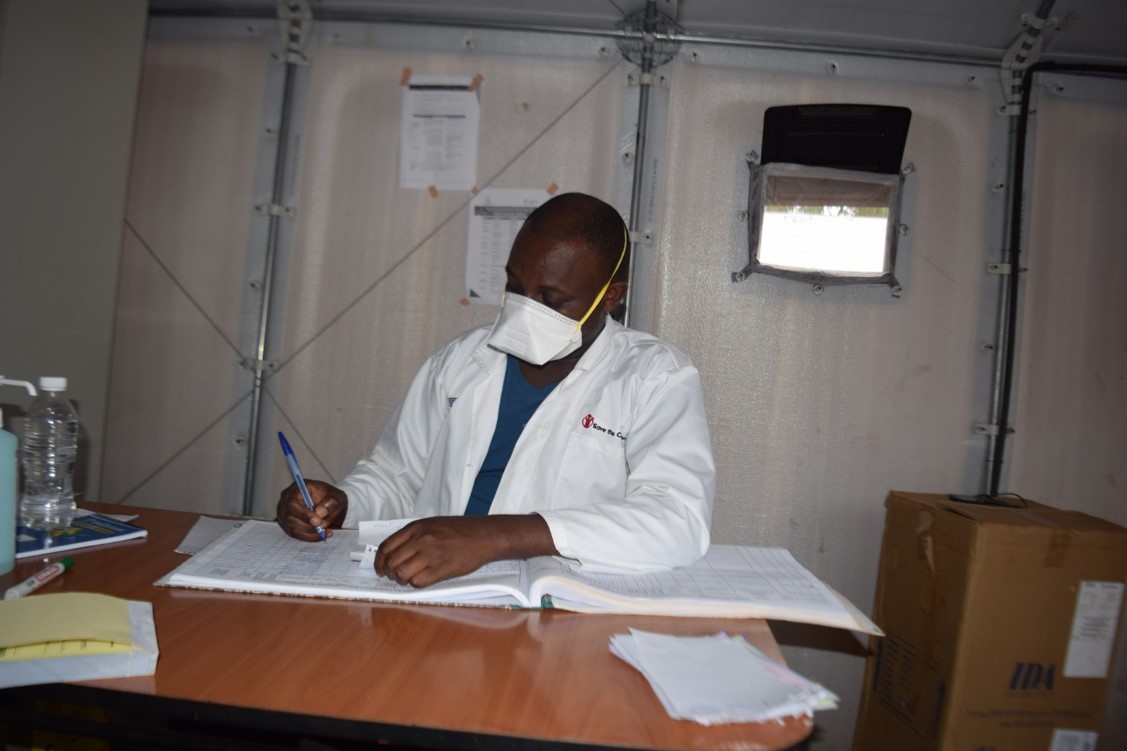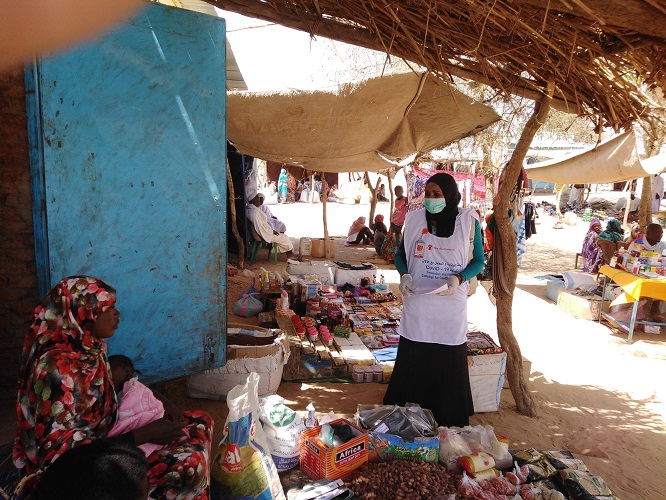Can you believe it was three months ago that we received the first reports of coronavirus. In those three months there has been a lack of global cooperation and gap in leadership. As was seen during 2015 and 2016 when people from Syria, Afghanistan, and Iraq sought safety in Europe, states have ignored their legal and moral responsibilities and consistently acted unilaterally and in an isolationist manner.
This week saw the launch of the $2 billion UN-led Covid-19 Humanitarian Response Plan. The plan is modest and the need is urgent. Covid-19 has already strained advanced market economies and the scale of suffering could be catastrophic as the disease takes hold in less developed economies. Conflict affected communities where the majority of the world’s poor live are also lacking necessary health professionals and resources - doctors, nurses, hospital beds, masks, and ventilators, and intensive care units. If New York City is being overwhelmed by Covid-19, what is the risk for the one million newly displaced people living in northern Syria? What about the 22 million people living in Yemen who are already in need of urgent humanitarian assistance and suffering from more than two million cases of cholera? India, Pakistan, Venezuela, Iraq, Lebanon and each have hundreds of recorded cases, and likely many more cases that have not been recorded. As we have seen from Italy, France, UK, and USA, the difference between a few cases and an overwhelming amount of cases can be measured in days.

The current low recorded covid-19 cases are due to a lack of detection and possibly due to the time lag between when the virus first spreads and when it begins to manifest. Most developing countries lack adequate basic health infrastructure and the layers of inequality are significant. They often lack clean running water and sanitation systems. Similarly, many developing countries have mega cities, and extremely densely populated urban centers, that are prohibitive to social distancing. Another common aspect of many communities in developing countries is the limited financial reserves available when livelihoods are paused because of something like covid-19. In many countries the planting season is approaching and restrictions on movement, or interrupted agricultural supply chains could have devastating consequences long after Covid-19 leaves us.
The covid-19 Humanitarian Response Plan will be vital for the 51 countries that are the focus of this first itteration of the plan. These countries, across Asia, Africa, and Latin America already need urgent medical supplies, personal protective equipment, essential testing kits, and support designing and delivering health education activities. Some of our global leaders, including WHO Director General Tedros Adnahom Ghebreyesus and UN Under-Secretary-General for Humanitarian Affairs Mark Lowcock understand the gravity of the potential disaster.
Many parts of health system in the USA have already reached capacity, and the USA has about 33 intensive care unit (ICU) beds per 100,000 people. That number drops to around two in India, Pakistan, and Bangladesh. In Zambia, there are 0.6 ICU beds per 100,000; 0.4 beds in The Gambia; and 0.1 in Uganda.
Case study: so much can and should be done
Gaza, in the occupied Palestinian territories, has recorded Covid-19 cases. Two million Palestinians live in 365 square km, many of them in crowded refugee camps where social distancing is impossible. A major outbreak of Covid-19 will quickly exhaust Gaza’s health system; a health system already destroyed by years of war and an ongoing blockade by Israel. In the entire area of Gaza, there are only 2,500 hospital beds available, and even less medical supplies. The government in Gaza must enforce strict quarantine measures and immediately build more temporary emergency health facilities with whatever means available. Israel, as the occupying power, has clear and undeniable obligations under international law to care for the population under its control. Israel, which continues to enforce crippling blockades must immediately end them and allow urgently needed medical equipment and health supplies in to Gaza. Israel must also support and facilitate international humanitarian efforts to construct field hospitals in and around the Gaza Strip, facilitate the entry of medical personnel, and develop a plan for treating Palestinians from Gaza who need urgent medical attention in Israel. Palestinians have already suffered too much and covid-19 could be punishing beyond belief.
We are only as strong as our weakest link
The UN Secretary General, Mr Guterres called for “an immediate coordinated health response to suppress transmission and end the pandemic” that “scales up health capacity for testing, tracing, quarantine and treatment, while keeping first responders safe, combined with measures to restrict movement and contact.” He emphasised that developed countries must assist those less developed, or potentially “face the nightmare of the disease spreading like wildfire in the global South with millions of deaths and the prospect of the disease re-emerging where it was previously suppressed”. Our world is so intertwined and interconnected, that we cannot build barriers to prevent the spreading fallout of the global covid-19 pandemic, and we must recognise that internationally, we are only as strong as the weakest health system. Humanitarian Advisors calls on all people to pay attention to the situation in poorer countries. Some people will resist spending resources internationally when Covid-19 is affecting their own country, but this pandemic knows no boarders. The Secretary-General stressed this week that, “With solidarity we can defeat the virus and build a better world. What the world needs now is solidarity.”

3 thoughts on “Global solidarity needed to defeat coronavirus”
Comments are closed.